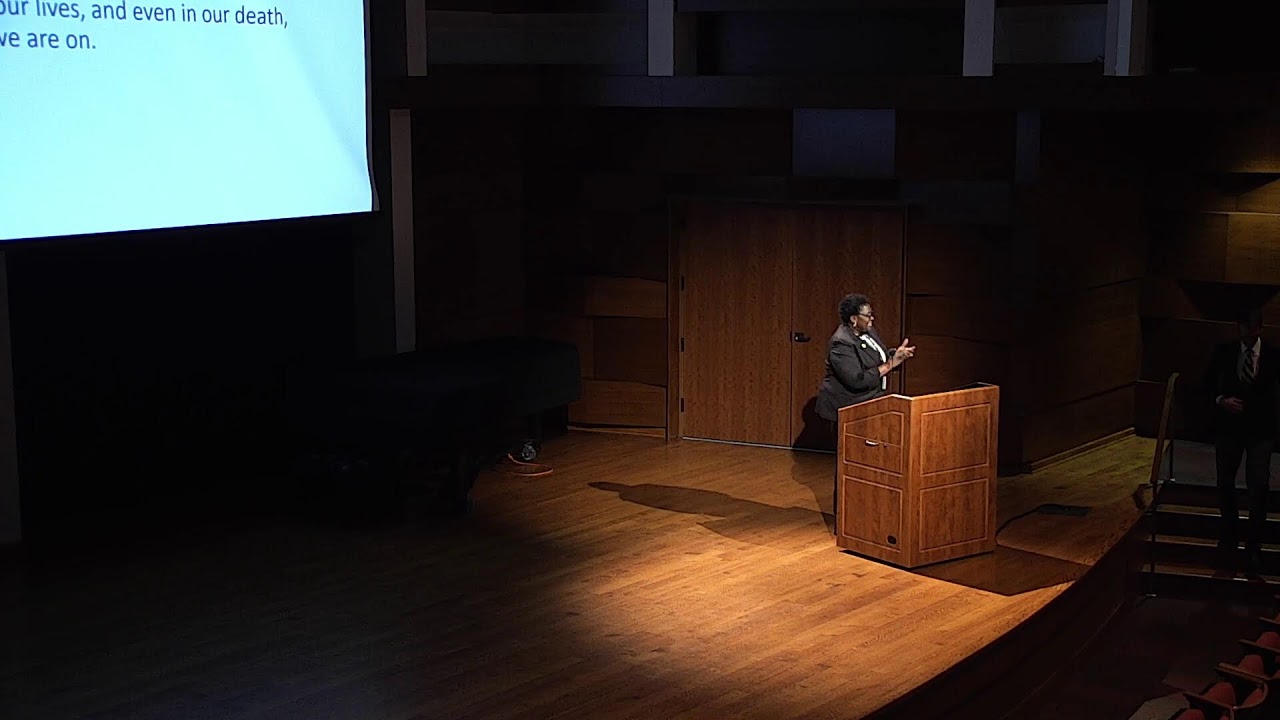Body And Soul In Life And In Death: Living The Heidelberg Catechism In Healthcare
Unleash Your Creative Genius with MuseMind: Your AI-Powered Content Creation Copilot. Try now! 🚀
In the realm of healthcare, we often find ourselves immersed in a world of medical jargon, diagnoses, and treatment plans. But let's pause for a moment and reflect on the power of words. The Heidelberg Catechism, with its deep roots in tradition, introduces us to a word that resonates profoundly in the world of healthcare: "Comfort."
In today's fast-paced society, we're accustomed to seeking comfort through material wealth and longevity. It's as if our healthcare journey is a quest for eternal youth and wealth, driven by self-reliance. But the Heidelberg Catechism takes a different path. It offers us "costly comfort."
Costly comfort is not about amassing wealth or extending life at all costs. It's about finding solace in a divine Savior who heals our internal and external brokenness. In the pursuit of this comfort, we're reminded that we don't belong to ourselves but to another. This concept challenges the prevailing notion of self-reliance in healthcare.
Body and Soul: A Holistic Approach
The Heidelberg Catechism doesn't just address the well-being of our bodies; it encompasses our souls too. In modern healthcare, there's often a division between physical and mental health, as if they exist in separate realms. But the Catechism reminds us that our bodies and souls are interconnected.
In the healthcare journey, it's crucial to recognize that a person is not just a collection of symptoms and diseases but a complex being with physical, emotional, and spiritual dimensions. The Catechism teaches us to treat the whole person, acknowledging their suffering, pain, and spiritual needs.
Belonging: A Fundamental Human Issue
Belonging is a fundamental human issue. We all yearn to be part of something greater than ourselves, to feel connected and valued. The Heidelberg Catechism speaks to this human need, emphasizing that we are not isolated entities but members of a community.
In healthcare, the concept of belonging is equally vital. Patients should not feel like mere recipients of medical care but members of a healthcare community. This sense of belonging can bring comfort and support during times of illness.
A Heidelberg-Inspired Healthcare Creed
The principles of the Heidelberg Catechism offer a unique perspective on healthcare in the 21st century. They call for a shift in focus from self-reliance to costly comfort, from a division between body and soul to a holistic approach, and from isolation to a sense of belonging.
As we navigate the complexities of modern healthcare, let's consider a Heidelberg-inspired healthcare creed. This creed would remind us of our interconnectedness, the importance of treating the whole person, and the power of offering comfort and belonging to those in need.
In conclusion, the Heidelberg Catechism may have ancient origins, but its teachings continue to resonate in our contemporary healthcare landscape. Let's embrace its wisdom and apply it to our healthcare practices, creating a more compassionate and holistic approach to healing. By doing so, we can find comfort, address the needs of both body and soul, and foster a sense of belonging in the world of healthcare.

Related Recaps
- Costa Coffee raises UK staff pay again
- Eminem, Dr. Dre - Forgot About Dre (Explicit) (Official Music Video) ft. Hittman
- Thời sự 16h chiều ngày 22/3 - Tin nóng Thế giới mới nhất – VNEWS
- Episode 22: Altruism
- DIGITAL DIARIES: sunny spring days, OOTDs, cute hauls, new phone, new phonecases, chitchat skincare